9 Ways a Bad Credit Score Is Secretly Ruining Your Life
A credit score follows you almost everywhere: lenders, landlords, and even cell phone carriers take it into account. If that number drops below 670, expect to pay higher interest, face loan rejections, and sometimes put down deposits just to get the basics turned on. For many, a lower score shapes everything from insurance costs to job offers. Here’s how those effects show up in daily life.
Higher Interest Rates on Loans and Credit Cards
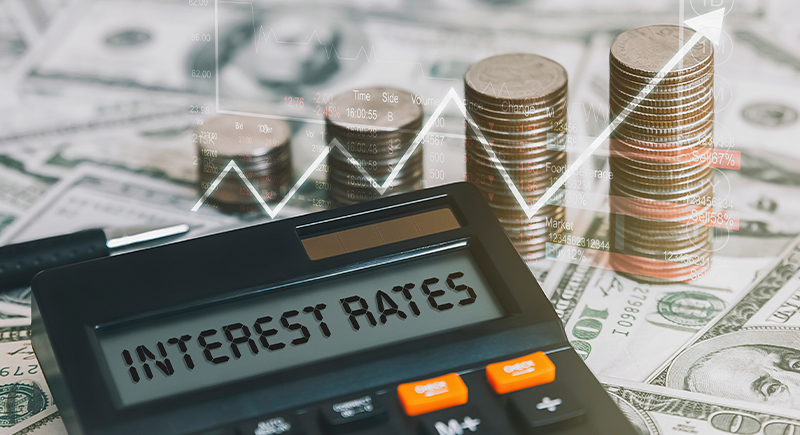
Credit: iStockphoto
A lender doesn’t see your dreams, just risk levels. A weaker score means they’ll often tack on extra interest, whether it’s a personal loan or your favorite credit card. Over a few years, those added charges can grow larger than you expect, stretching monthly budgets and making repayment feel like a slower climb.
Loan Applications May Be Rejected Altogether
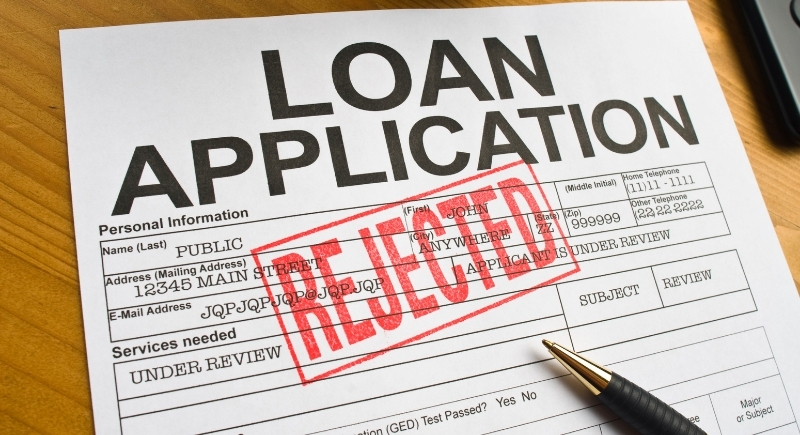
Credit: Getty Images
It’s not just tougher terms. Sometimes you don’t get offered a loan at all. Car financing, mortgages, or even a modest personal credit line can be off-limits despite a solid job and steady income. Red flags like recent late payments tend to overshadow strengths and leave fewer financial doors open than you’d think.
Rental Applications Can Be Declined

Credit: Getty Images
Landlords often peek at credit reports before handing over keys. In competitive markets, a single negative mark can be enough to push your application aside, even with strong paychecks. Some owners might ask for an oversized deposit, but others skip negotiation entirely.
Utility Companies Might Ask for Deposits

Credit: Getty Images
Basic services like electricity or internet can come with added upfront costs for those with weak credit. Companies may ask for deposits as a precaution against missed payments. These added costs aren’t always obvious, but they can make moving or setting up a new home more expensive.
Cell Phone Plans Could Require Prepayment

Credit: freepik
Mobile providers commonly run credit checks before approving a monthly plan. A weak score might steer you into prepaid options or require you to buy that new phone outright. Over time, those arrangements can be pricier, with fewer perks or upgrades, which makes staying connected less budget-friendly.
Auto Insurance Premiums May Be Higher
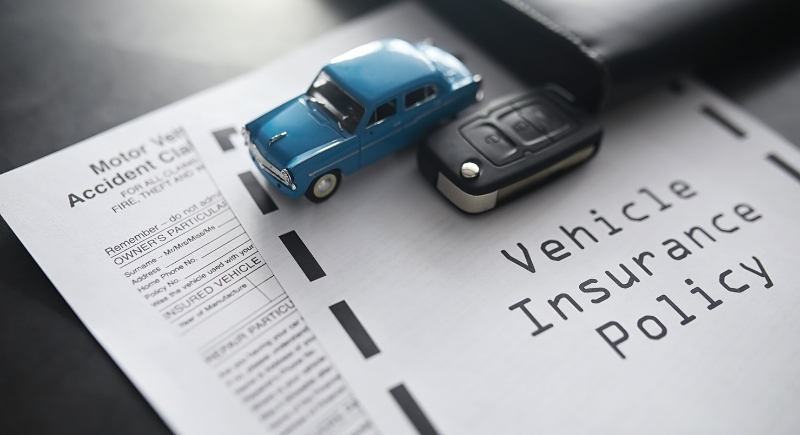
Credit: Canva
In many states, auto insurers consider your credit history before quoting rates. A rough payment record can nudge those numbers up, even if your driving record is spotless. The extra dollars aren’t always dramatic month to month, but over the years, they can quietly erode what you’d hoped to save.
Employment Offers Can Be Impacted

Credit: Getty Images
In finance-related roles or jobs involving sensitive data, employers might check your credit history. They may not scrutinize your score, but they will scrutinize your debt and payment record. A less-than-ideal report might tip a hiring conversation toward another candidate with cleaner records.
Difficulty Getting Approved for Mortgages
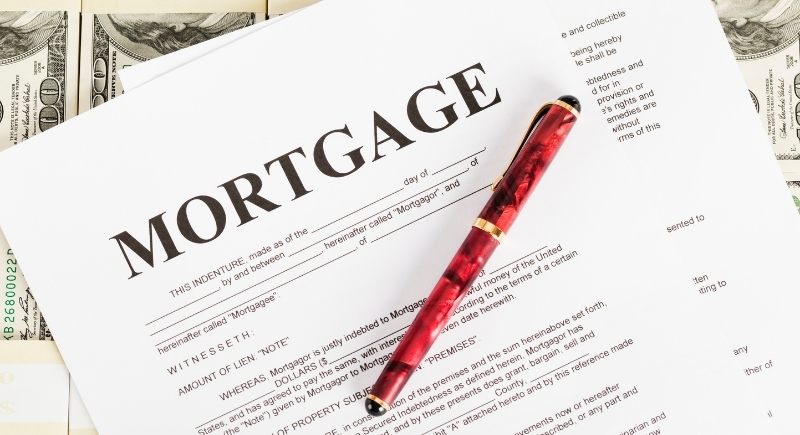
Credit: Getty Images
Buying a home requires meeting several financial benchmarks, and a credit score is a major one. Even with a solid down payment, a low score can disqualify you from conventional loans or result in less favorable FHA terms. You might be forced to delay your purchase or settle for less favorable housing options.
Smaller Credit Limits on Cards

Credit: freepik
Approval doesn’t always mean access to generous credit. A modest limit might be all you get, which restricts larger purchases and affects utilization ratios. If you’re using most of that available line regularly, your score can dip further, creating a feedback loop that makes rebuilding even slower.
Balance Transfer and Promotional Offers May Be Off-Limits

Credit: Canva
Cards offering temporary zero-interest deals or attractive balance transfers usually want to see strong credit habits. Without them, you’re left paying down higher rates with fewer options for combining debts. That can keep you stuck with multiple bills and less breathing room to pay balances down efficiently.
Higher Cost of Borrowing for Emergencies

Credit: iStockphoto
If your credit is weak, emergency loans or short-term financing often come with steep costs. Interest rates on payday alternatives or unsecured loans may be excessive. They can also limit how much you can borrow and create a cycle where debt becomes harder to escape.
Harder Time Accessing Credit-Building Tools
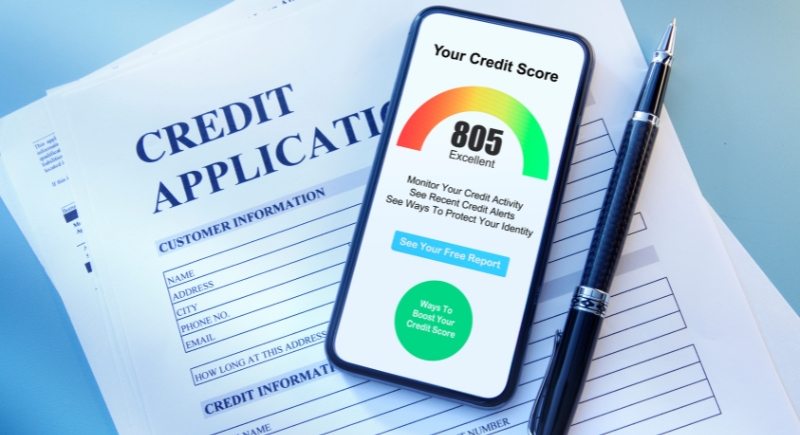
Credit: Getty Images
Some products are designed to help repair credit, like certain secured cards or credit-builder loans. Ironically, they still require some approval standards. A rocky score can shut you out from using the very tools meant to help you rebuild.
More Frequent Rejections for Store Financing Offers

Credit: freepik
Promotional financing, like “no interest if paid in full” deals at electronics or furniture stores, can be a helpful way to spread out big purchases. But they often require strong credit. Applicants with low scores may be denied, missing the opportunity to make large purchases more manageable.
Strain on Personal Relationships Involving Co-signing

Credit: freepik
Asking someone to co-sign when your credit is struggling can spark tricky conversations. Even if they agree, your lower score can impact the terms or lead to second thoughts. Financial stress layered over personal trust can create tension, and sometimes the application ends before it even starts.
Longer Approval Times and Added Paperwork

Credit: freepik
Lower scores can trigger extra steps before approvals are granted. Lenders might ask for pay stubs, explanations of past issues, or extra references that slow everything down. When you’re racing to secure a lease or close a deal, those delays add stress and sometimes cost opportunities that move fast.